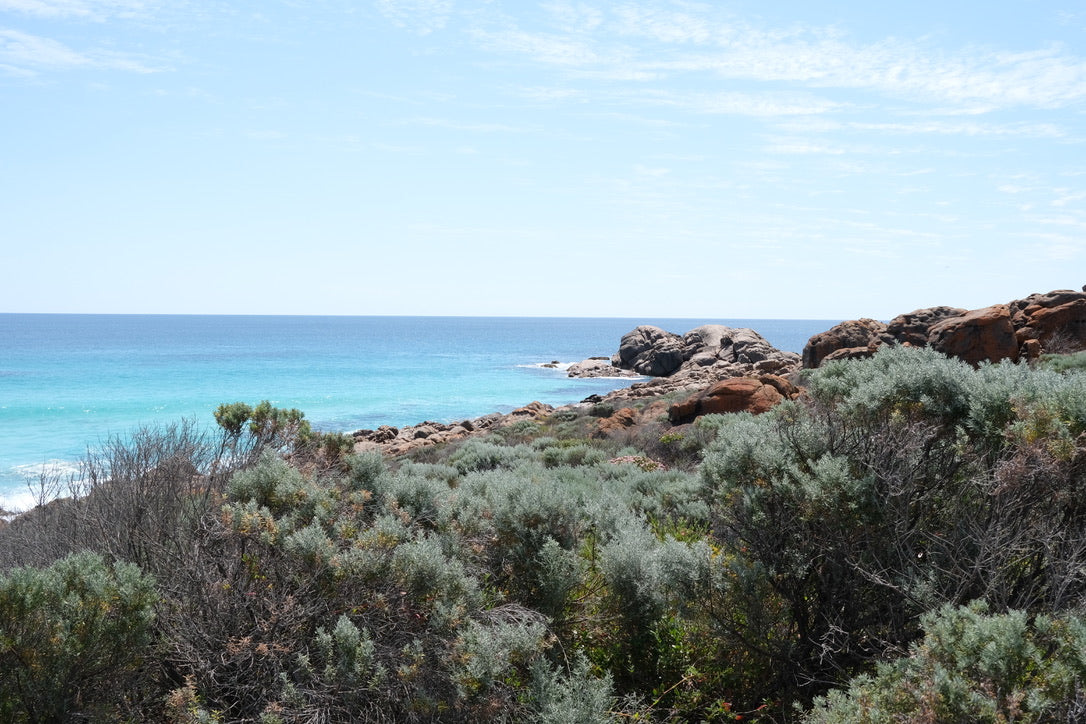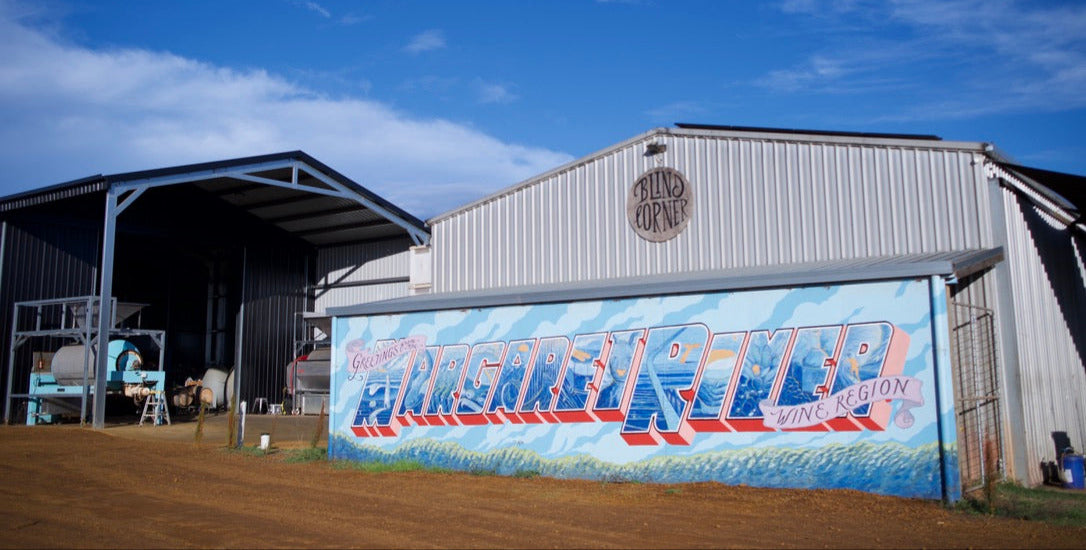Our Story
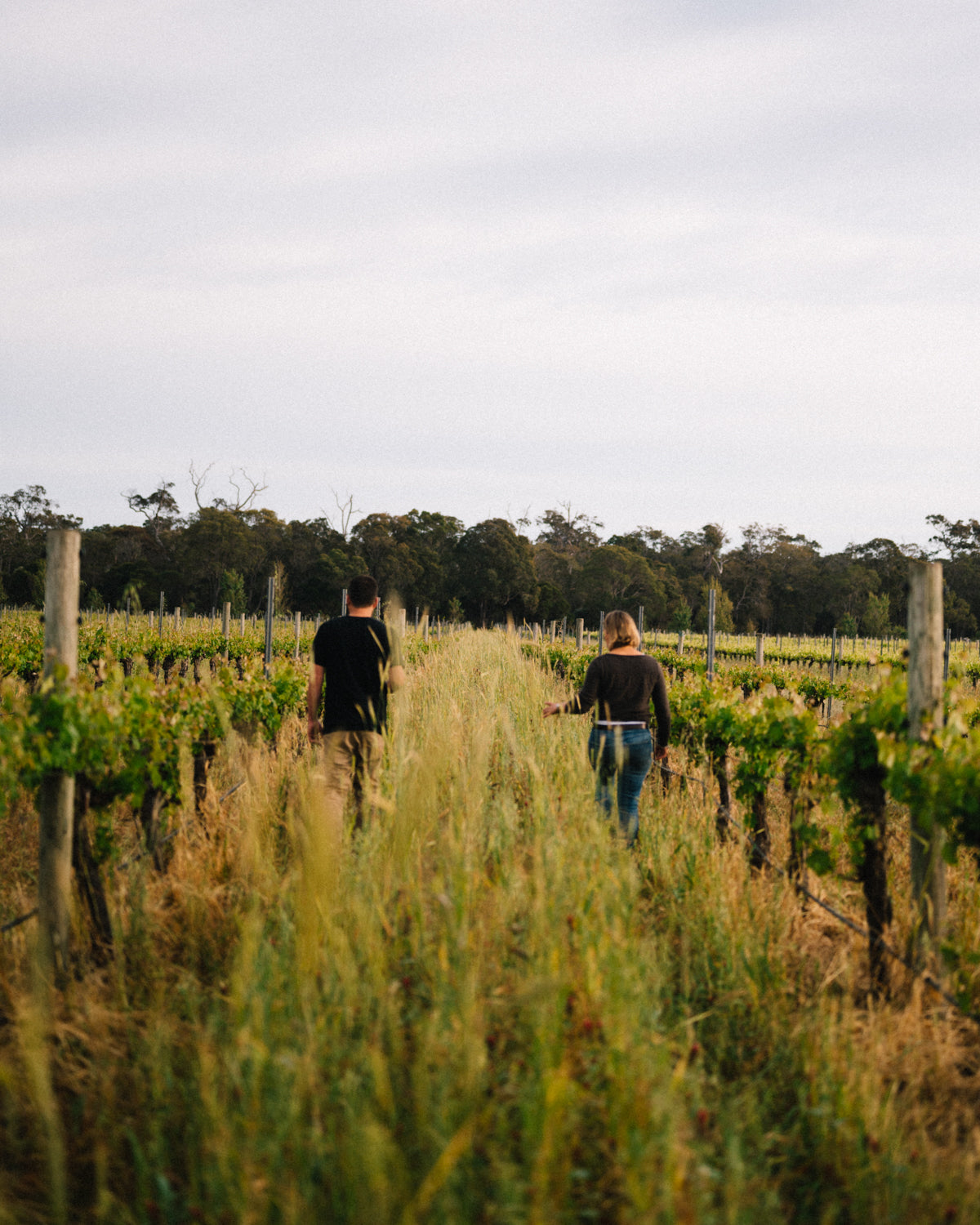
WINEMAKING AT BLINDCORNER
Wild, real, and a bit messy… but oh so drinkable
I’ve definitely messed up a few good batches of grapes —but that’s part of the journey. We’re not out to make “perfect” wine, just wine that tells it like it is. No lab tricks or additives to fake acidity or colour. Just wild ferments, minimal interference, and whatever nature (and our gut instinct) throws our way.
We’ve tried it all—drying grapes, lees stirring, long skin contact, even burying wine in ancient Georgian Qvevris… if it sounds a bit out there, we’ve probably given it a shot.
Every growing season brings a new set of challenges. But with a mix of modern know-how, old-world methods (plenty of foot stomping), and endless experimentation, we’ve managed to create wines that are true to their roots. And hey, they’re pretty damn good to drink and share, too.
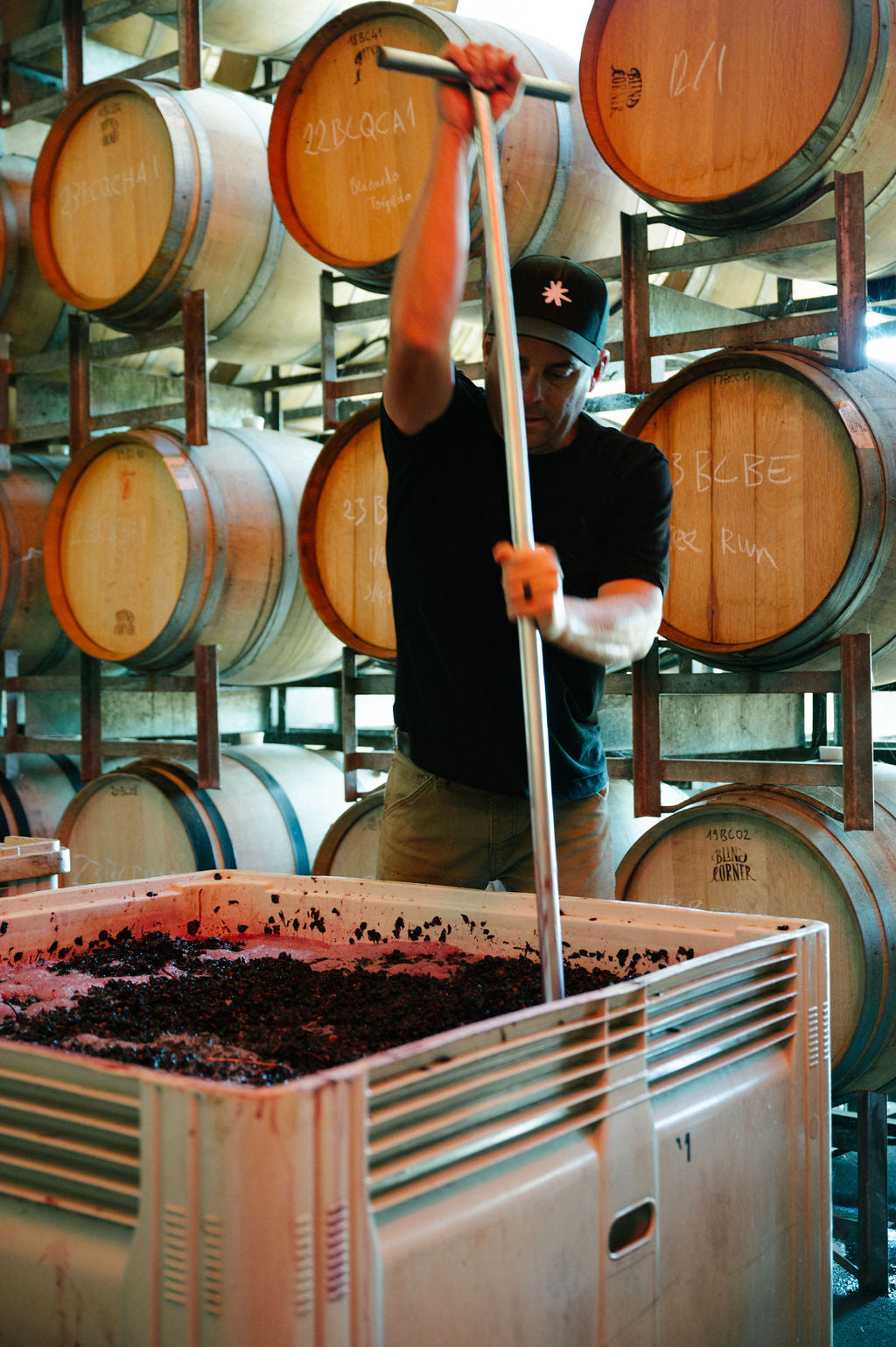
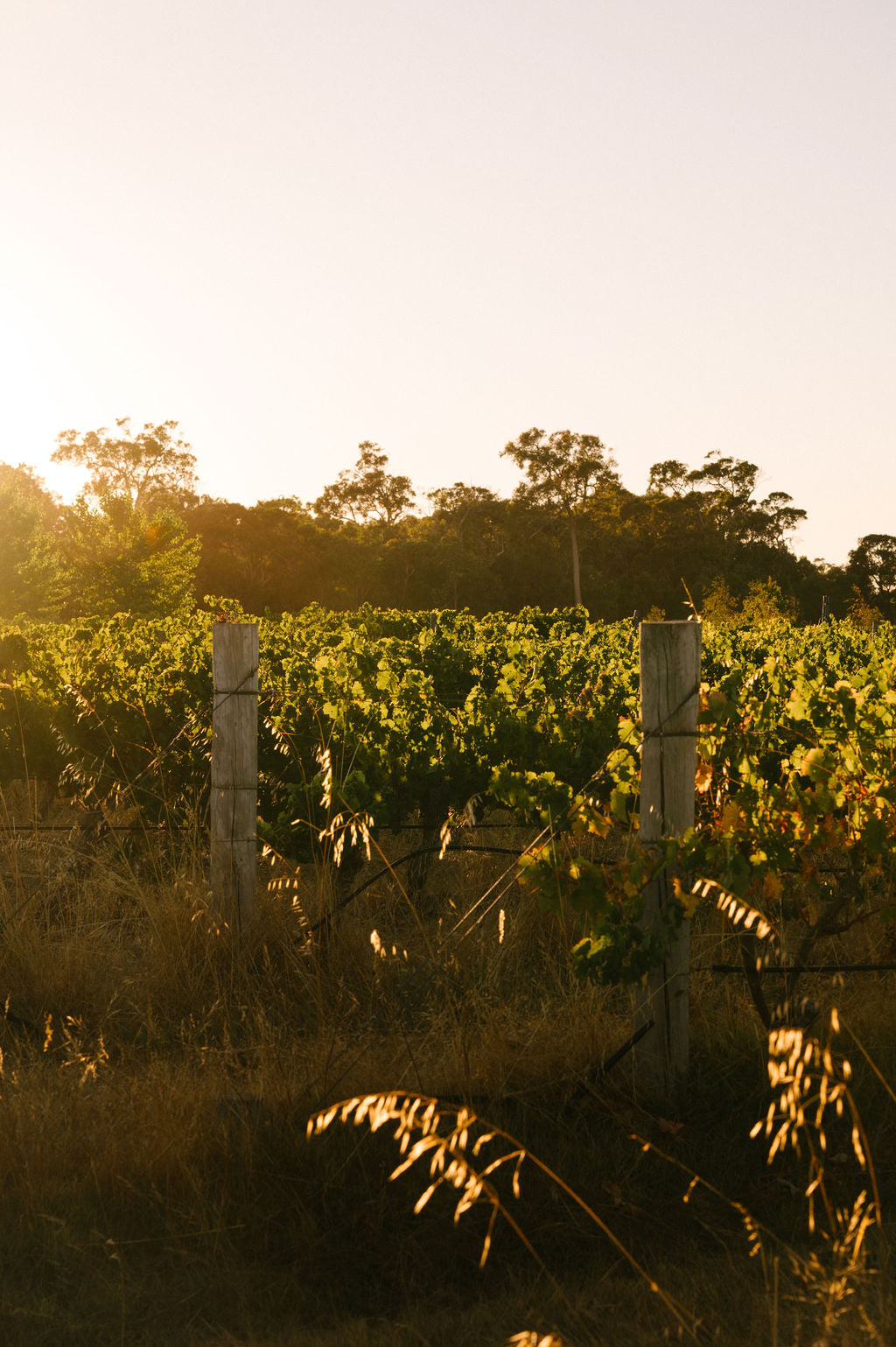
WELCOME TO THE BLIND CORNER VINEYARD
A Whole-Ecosystem Approach
Our journey kicked off with Wilyabrup Vineyard in 2005, but as demand grew, we moved to a bigger plot in Quindalup—closer to the beach, which is always a win for our surfing souls.
There, we again threw chemicals out the window and got creative. Our vineyard and winery north of Margaret River are fully Organic and Biodynamic certified.
The mid-rows are alive with edible flowers and grasses, attracting insects and birds. Bees buzz around our Warré hives, and we compost everything—from grape skins to veggie scraps—to feed it all back into the land.
Beyond Organic: Creating a Living, Breathing Vineyard
We quickly realised that Organic farming is just the starting point. Biodynamics deepened the health of our soil and vines, but we didn’t stop there.
We’ve embraced native replanting, no-till soil practices, and crimped cover crops to lock in carbon and moisture. Kangaroos roam freely,as do the birds over head, saltbush thrives between the vines, and wild lavender grows by the dam.
Every year, we grow bolder. We’re not fighting the land—we’re growing with it.
“We’re not here to make corporate, soulless wine. We’re here to create something real, and hopefully leave the land a better place than we found it.”
– Ben and Naomi, Blind Corner
Soils & Site: Shaped by the Sea.
Our Quindalup vineyard is nestled on a gentle north-facing slope, just 4km from Geographe Bay to the north and 11km from the ocean to the west. The soil here is a mix of coastal sand and pea gravel from the surrounding ridge with little pockets of clay, all resting on a porous 'coffee rock' base that sits atop solid granite.
The prevailing South West breezes bring a strong maritime influence to both the vineyard and the wine, with the salty air helping to keep disease at bay, making organic farming much easier. The Indian Ocean wraps around three sides of the estate, smoothing out extreme temperature swings and promoting more consistent ripening.
It’s a perfect spot to grow wine that truly reflects its place.
